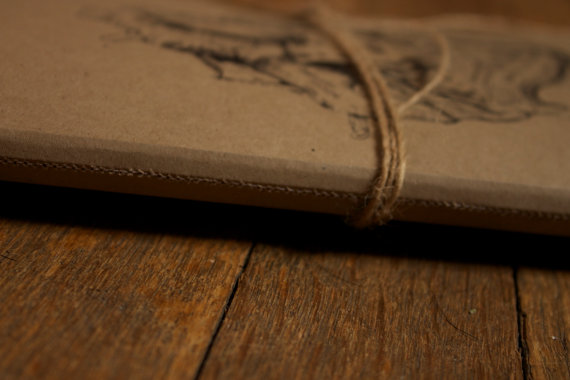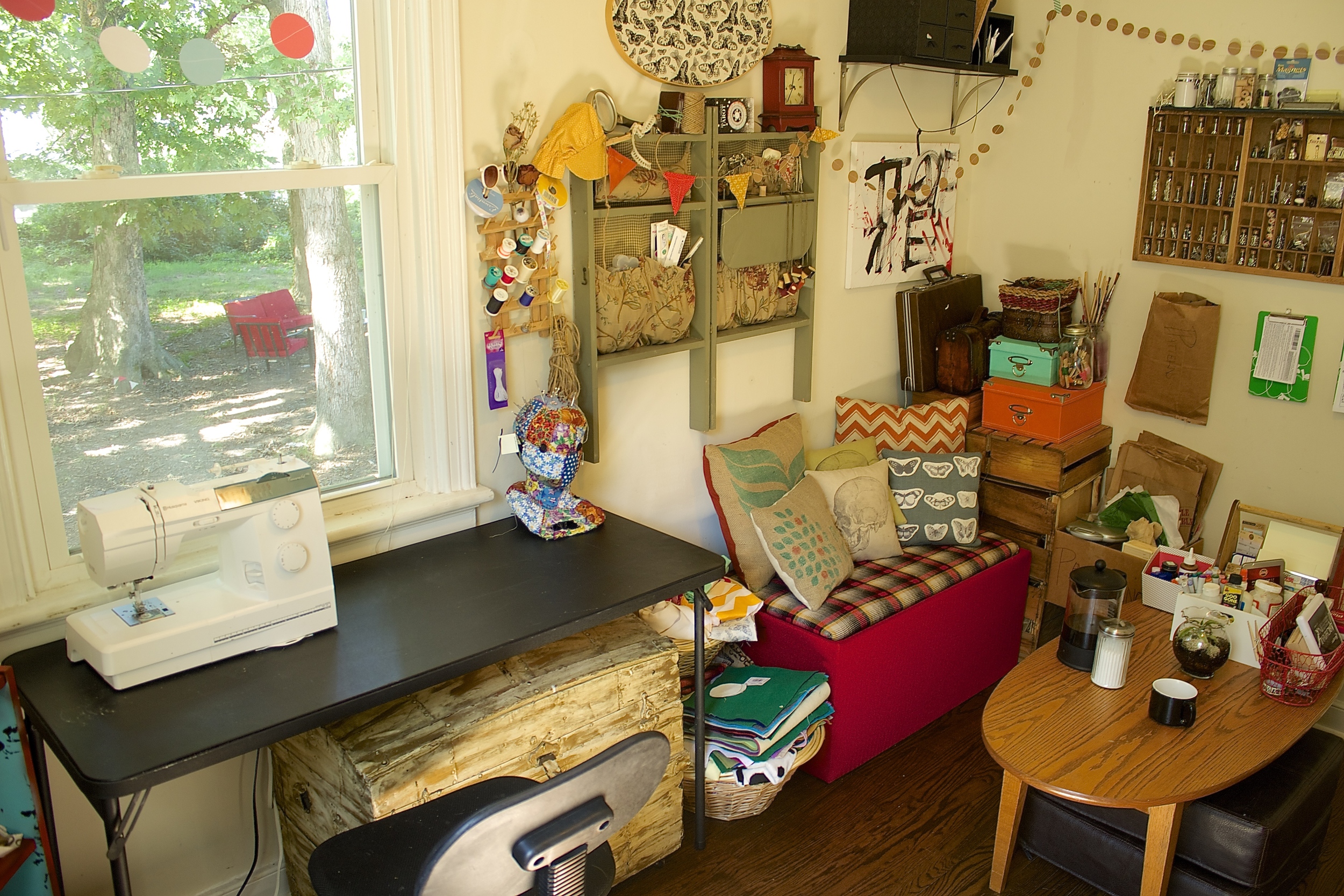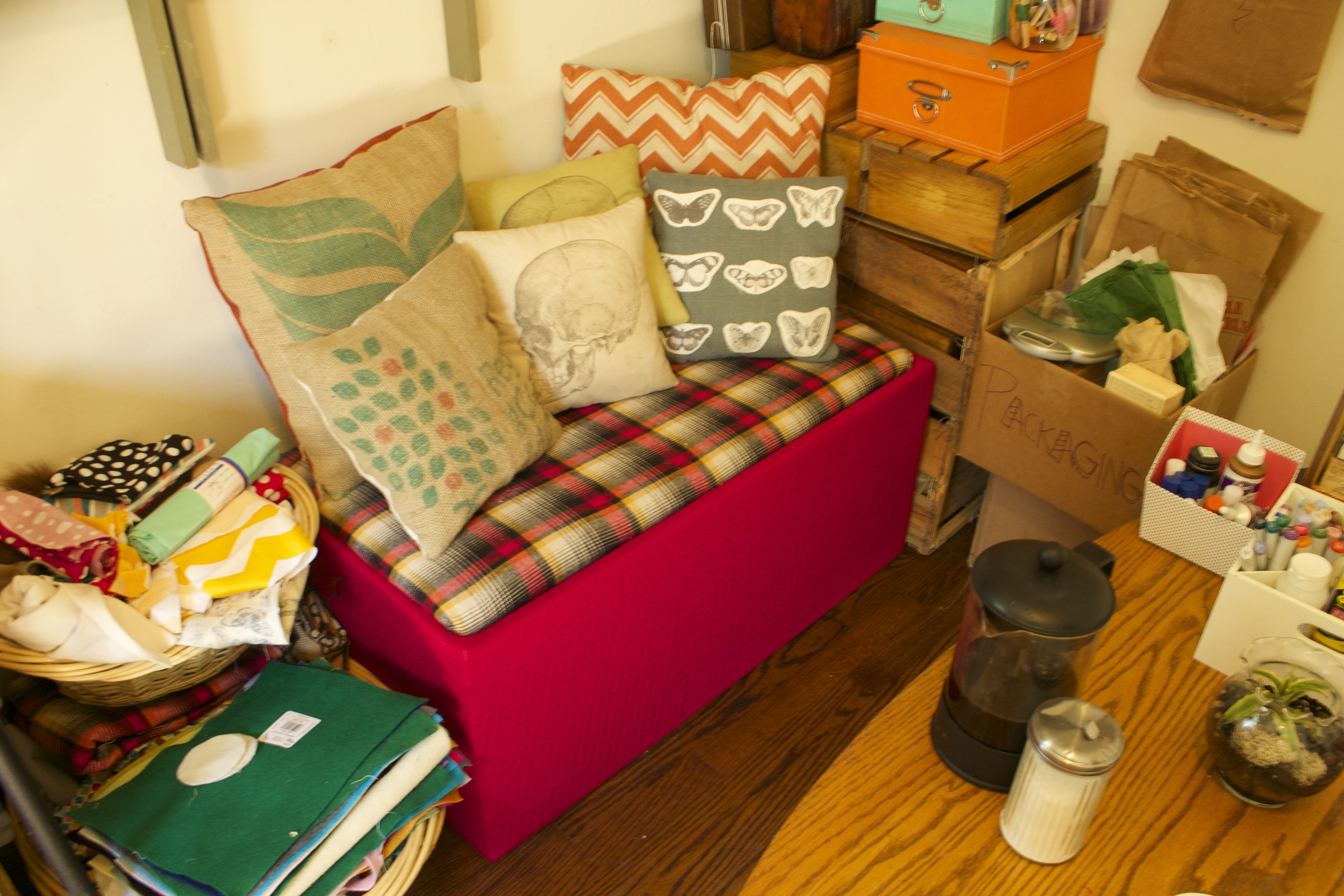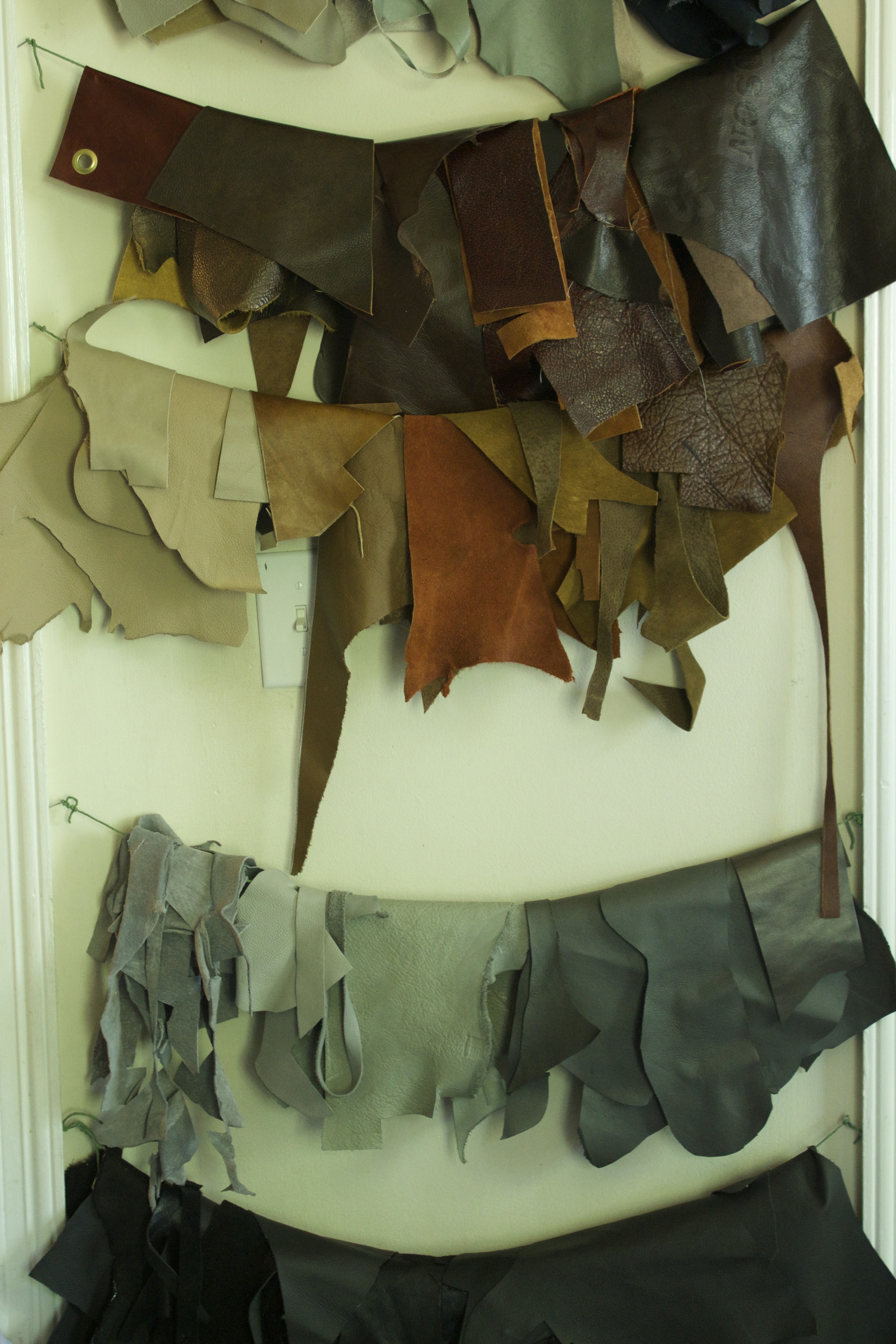Name: Kristina Choi
Age: 23
College & Majors/Minors: University of California, Berkeley. B.A. in English, Minor in Music
Current Location: Los Angeles, CA
Current Form of Employment: PR Coordinator at GAMEVIL
Where do you work and what is your current position?
I work at a mobile game company called GAMEVIL as their Public Relations Coordinator. As PR Coordinator, I manage all of the company's relations with the press/media by informing them of new releases/updates (through press releases and email pitches), and connecting with our users by creating content for our social media channels.
Tell us about how you found your first job, and how you found your current job (if different).
Technically, this is my first traditional "big girl" job—the kind with a salary, benefits, my own space/desk, etc. So how did I end up here? Well, I actually didn't know what I wanted to do after college. I just knew that I didn't want to go into academia/teaching or law (some of the most common paths for English majors), and thought I would give PR a try. After responding to hundreds of job listings and not getting anywhere, I expanded my search and began looking up random PR companies and contacting them about any open positions or internships. I finally heard back from a small fashion PR agency and worked as an intern for five months, learning everything I could about PR (and I had a lot to learn).
Although I was in fashion, my life was hardly glamorous. The days I wasn't interning were spent tutoring to make extra cash and stressing about getting a "real" job. It was worth it, though, because the experience I got landed me a full-time paid internship at a global PR firm. Actually, my friend helped a lot. She had interviewed at the same company a few months earlier and was extended an offer for a social media internship, which she turned down for another opportunity. Being the good friend she is, she passed along my resume and when I was least expecting it, they contacted me about an open PR internship.
I went into this second internship with the same attitude as I did with the first: learn, learn, learn. After six months, I had nearly a year of PR experience under my belt and the prospect of finding a job was much better and thankfully, I was successful!
What was another writing-related job that was important in your career?
Since I'm at the beginning stages of establishing my career, I'd say my most important job was being an English major. The thing about PR is that while you can learn about it in school, the best way is to learn on the job. During my days as a fashion PR intern, I had to learn how to write press releases from scratch, but it wasn't too difficult because of the writing skills I developed over such a long period of time. The years I spent working on my sentence structure and flow played a huge role in my work because I always strive for accuracy and clarity—not only in my own writing, but in my verbal communications with my co-workers. Writing helps you think clearly, and when you think clearly, you work better.
What did you do in college to prepare for your post-grad life?
I enjoyed the freedom of college. Grades were important to me, but so was play. I knew that once I started working, I wouldn't get the chance to walk over to my friends' apartments whenever I wanted to, or eat late-nite cafeteria food at 2 in the morning on a Tuesday. I made friends, tried new things, and—what I am most thankful to have done—studied abroad.
Okay, I didn't necessarily do these things in preparation for post-grad life. I was just a bit lazy about my studies and wanted to have fun. But looking back, I have no regrets because I made the most out of that precious time I had in college to make mistakes and memories. Now that I am working full-time and don't have as much freedom to do the things I enjoy, I am glad I spent less time stressing and more time enjoying life.
What is your advice for students and graduates with an English degree?
Don't compare yourself to people who studied something more "practical" or "technical." You might have friends who are in med/law/dental/pharm/grad school, or friends who are working at a Big Four accounting firm. If you went to school in the Bay Area, you definitely have friends who are studying something technology-related or work in the tech industry. These friends have studied specific subjects and (generally) have much clearer paths they can follow. You, on the other hand, have the option to get into almost any line of work—you just have to find a way to apply the very special skill set we English Majors have.
In my personal experience, friends, co-workers, and interviewers are always impressed with an English degree, even though they may joke about it sometimes (ever been called a "coffee shop" major?). Like I said before, to write is to think. So use your awesome brain and don't look at what others are doing. You'll pave your own path.









































































